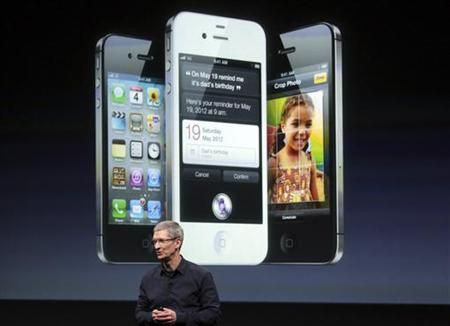Analysts Torn Over Apple iMessage's Impact on Texting

With Apple releasing the iMessage application for its iPhone Wednesday, analysts have mixed opinions about what that will mean for text messaging.
The iMessage service will allow iPhone users to send text, photos and video to other iPhone users through wireless Internet or a data plan. This is the iPhone's alternative to BlackBerry Messenger, or BBM, which has kept some loyal Blackberry users from switching over to Apple's product.
Text messaging has become a major revenue generator for telecom companies. The New York Times pointed out Monday that Verizon Wireless garners as much as $7 billion annually from text messaging, equating to about 12 percent of total income. This is because although text messaging has become a way of life for many Americans, the company still charges 20 cents for both incoming and outgoing messages.
There's a huge amount at stake here, Sanford C. Bernstein analyst Craig Moffett told the Times. They are undermining the core business model for an industry that makes most of its money from services that are high priced and low bandwidth, like texting.
Yet the advent of BBM, so far, doesn't seem to have made a dent in the amount of text messaging. According to a survey conducted by the Pew Research Center last month, text messaging users over 18 years old send and receive an average of 41.5 messages per day. Those between the ages of 18 and 24 send or receive an average of 109.5 text messages a day.
Christopher King, an analyst with Stifel Nicolaus who covers the telecommunications industry, told the International Business Times that a program such as the iMessage won't significantly undercut the revenue of telecom companies in the near future. He cites the popularity of BBM as evidence that text messaging is here to stay for a while.
Furthermore, King said that even if text messaging were to decline in the future, higher data prices for smartphones would help carriers earn back lost revenue. Data plans have moved towards tiered-pricing in part to make up for some of the lost revenue, King said.
The two carriers that currently sell the iPhone, AT&T and Verizon, both have tiered-pricing based on data usage. Sprint, which will begin selling the iPhone on Friday, has unlimited data, which they hope will lure business away from their two larger competitors.
Write to Samuel Weigley at s.weigley@ibtimes.com.
© Copyright IBTimes 2024. All rights reserved.





















